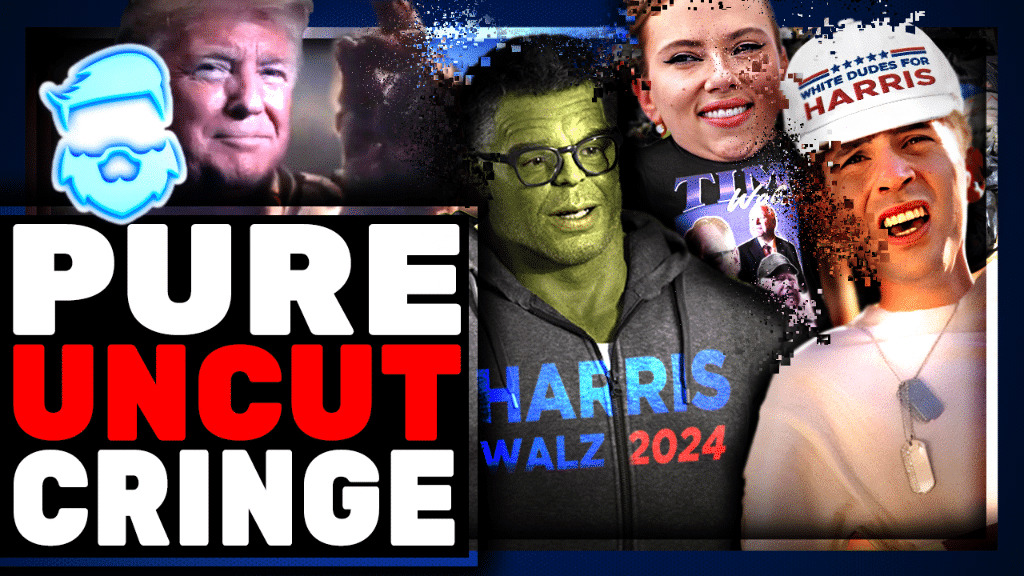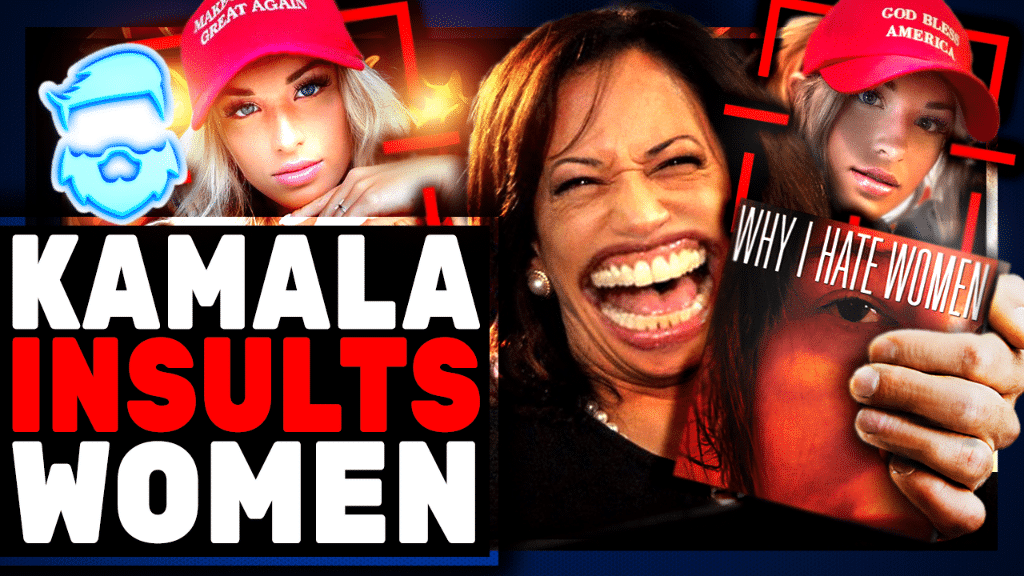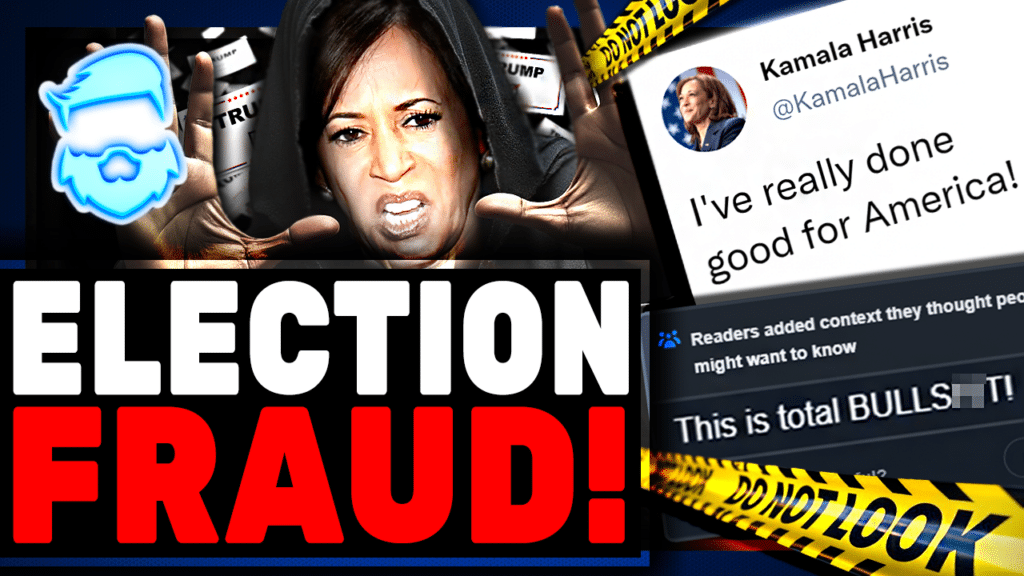As consumption of digital content has climbed, so has censorship of the content. The censorship has only increased with companies more sensitive to the type of content that they tie their advertising to on digital platforms. Demonetization of videos is a primary way content is censored on YouTube. Demonetization, often referred to as “Apocalypse”, is a process in which content creators, are denied paid ads in their YouTube videos. Consequently, they are denied revenue, their income on the video-hosting platform is reduced and their video is less likely to be promoted or recommended on the platform, eventually getting censored. YouTube’s censorship algorithm is not public and is a Blackbox to the world. The paper proposes a methodology that employ four machine learners, i.e., C 4.5, Random Forest, Linear Regression and Support Vector Machine, to predict if changes in the meta-data of the YouTube video will lead to (demonetization) censorship of the video. Our methodology requires little time to train and achieve an accuracy of up to 87%. The methodology is useful to content creators trying to determine what content to create to maximize their revenue. As well is helpful to free speech advocates who may believe content is being unfairly or unlawfully censored.

















